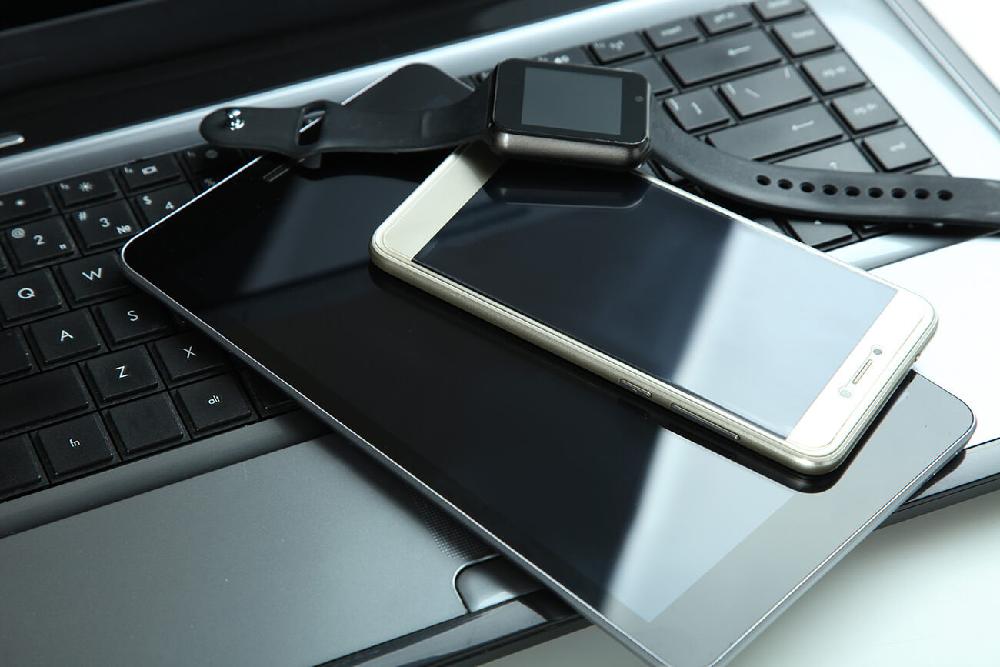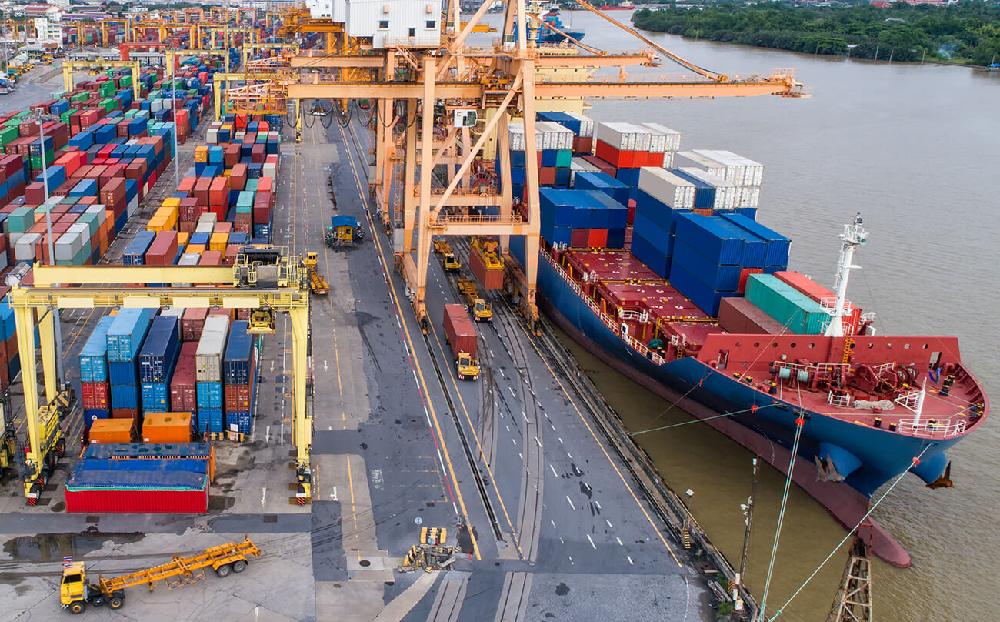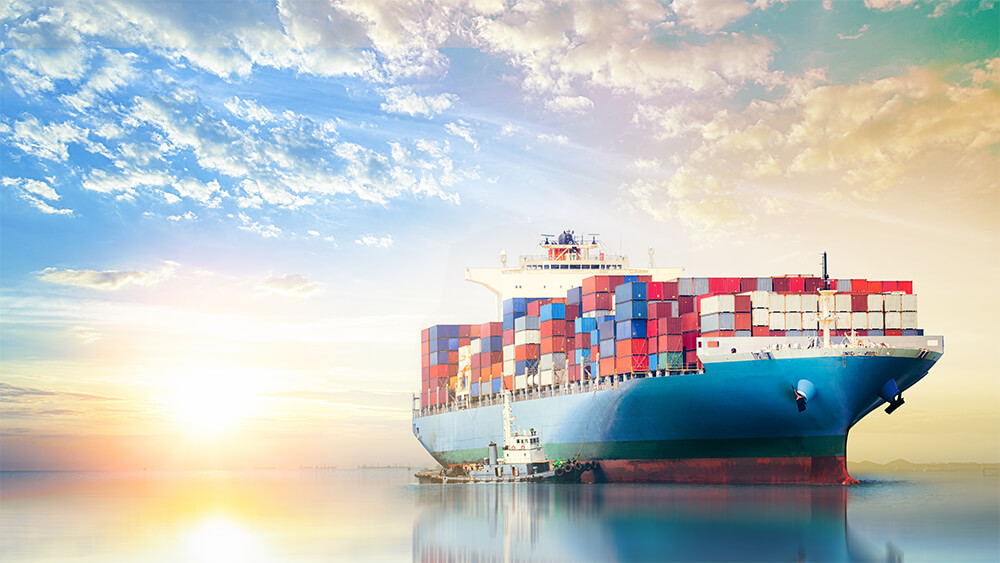General Insurance Blogs, Articles & Updates by - Magma HDI
Have us call you
- RENEW YOUR POLICY
- BUY NEW POLICY

Did you know you could safeguard your precious gadgets/equipment with this one step?
Connectivity has become the fourth pillar of our rations today. Each one of us, at least, own three gadgets, in which we store and share critical data. Whether it is business-related information or personal details, our gadgets hold a lot of information that, if leaked, could cause serious damage. Besides the implications of a security breach, these gadgets come at a high cost, and replacing a lost or stolen one may seriously burn a hole in the pocket.
Therefore, it’s prudent to secure your gadgets by taking Electronic Equipment Insurance (EEI). EEI extensively covers loss of electronic good, and subsequently, helps to meet unavoidable costs. Depending on the coverage that will be best suited for you, there are different types of EEI to choose from. Before we get into the different types, let’s take a true look at the scope of the cover.
What’s Covered?
- Damaged equipment coverage, including replacement expenses, such as freight, installation cost, customs duty, etc.
- Damaged data media coverage, including expenses incurred in restoring lost information, external data media, damaged/lost data media, etc.
- Increased cost of working, caused due to employing more manpower to substitute for the work that would have otherwise been done by the equipment.
- Any damage caused to the equipment’s software as a result of the damage to the hardware is also factored in.
Types of Electronic Equipment Insurance
All risks included
Give your gadgets complete protection from perils, including those caused by natural and man-made causes. For instance, damage due to natural calamities includes the ones caused by fire, landslide, or storm, whereas manual perils include terrorism, strikes, and riots.
External data media
This option covers the losses partly and includes expenses arising due to data loss on external media devices, such as hard discs, etc.
Increased cost of working
This type of EEI is usually taken by organizations that rely heavily on data processing units. In the event of any loss or damage to the unit, the expenses incurred to employ any additional/alternative tool or manpower, are covered by the insurance policy.
What are the types of electronic equipment that can be secured with EEI by Magma HDI?
Electronic Equipment Insurance is suitable for a range of equipment, including, but not limited to:
- Computer and allied peripherals
- Audio visual equipment
- Auxiliary equipment, such as voltage stabilizer, UPS, etc.
- Electronic control panels
- Navigation equipment
- Telecommunications equipment
- Electronic equipment used for research and testing materials
- Medical equipment, such as MRI scan machines, X-Ray machine, ultrasound devices, etc.
Who should take an EEI by Magma HDI?
Practically, anyone who owns and operates electronic equipment should secure their gadgets with an EEI.
- Owners and businesses owning electronic equipment
- Organizations that are involved in leasing electronic equipment
- Third-parties, such as financiers or bankers who ultimately bear the purchase cost of the equipment
While an Electronic Equipment Insurance secures your gadgets from multiple threats, note that there are certain cases, such as normal wear and tear that do not fall under the purview of the policy.

Do I need marine insurance?
Insurance provides the safety net required to protect the financial integrity of your personal and professional needs. If you are in the business of sending or receiving physical goods from one destination to another, insuring your goods and business interests inevitably becomes your priority.
Therefore, the simple answer to whether or not you need marine insurance is 'yes'. Read along to understand why that is so:
What is marine insurance?
‘Marine’ insurance is a colloquially used term for any kind of transport insurance, not just restricted to waterways. Whether your cargo or goods are moving over land, railways, or a combination of multiple transport modes, marine insurance provides cover for any loss or damage to your goods while in transit from source to the point of delivery.
Marine insurance can be purchased by sellers, buyers, and even financiers of the goods. So, whether you’re a small trader, moving materials interstate or a manufacturer sourcing raw materials or a large import/export house, marine insurance can protect your stock against any unforeseen eventualities.
Why marine insurance?
Depending on the mode of transport, distance, size, and value, your cargo could take days or months to get from one point to another. In the interim period, your goods are at the risk of damage due to accidents, improper packaging/ storage, seepage of water, mishandling by personnel and natural disasters such as floods, fire, and storms. They could also be lost due to theft, piracy, or be lost at sea. The carrier, in most cases, cannot be held liable for any damage or loss either. Hence, it becomes imperative to opt for additional security.
All natural calamities and human errors can be covered by marine insurance. There are various types of policies such as valued, unvalued, floating, time, voyage, etc. that you can choose from basis your needs, irrespective of whether the cargo is moving for domestic trade or across international waters.
Magma HDI, for example, provides comprehensive coverage through its Marine Cargo Open Insurance Policy. Whether you are sending a small parcel via airmail or a huge consignment via cargo, Magma HDI has your peace of mind covered.
In some instances, taking marine insurance may be obligatory basis the terms of the shipping or business contract. This helps bring in clarity over service delivery and safeguards the interest of all parties.
Alternatively, the insurance helps you gain a lot more control over the jurisdiction and language if in case the need for a claim arises. Imagine dealing with an insurer based out of Japan speaking a language alien to you while you are trying to get the information and paperwork through. It can be both time-consuming and exasperating.
In conclusion, marine insurance is extremely pocket-friendly. The premium depends on the value of the goods and the mode of transport. For a fraction of the cost of the shipment, you can secure your peace of mind. In case the need for a claim arises, a dependable insurer like us is just a phone call away.

Events when your Marine Cargo insurance claim gets rejected
With the continuous rise in international trade, the volume of marine cargo is also increasing. Marine cargo has always been and will be an important component of international trade. With more and more businesses opting to transport their goods through marine cargo, the market is on the rise for shipping companies. This increase in business also increases the importance of having a comprehensive marine cargo insurance policy.
Irrespective of the fact how simple you might think a marine cargo insurance policy is, several claims get rejected every year due to one reason or another. You must, therefore, immediately take the necessary steps to ensure that your insurance claim does not meet the same fate.
Here is a list of the events when your marine cargo insurance claim can get rejected and how you can avoid them.
- 1. Insurance policy is not proper: - Not all marine cargo insurance policies cover for all types of damages. This is why you must have a comprehensive marine cargo insurance policy. If your policy does not cover the damage for which you have filed a claim, your claim will get rejected. Moreover, any changes in the constitution of your assignment or cargo might also lead to this rejection. You must, therefore, review for policy periodically and get it updated as and when required.
- 2. Mistakes in filing the claim: - Whether you have failed to file your claim within the requisite period or have filled the claim form incorrectly or have filed a claim under a wrong policy, the marine insurance companies will not hesitate in rejecting your application. Even, if they do not dismiss the claim outright, they might delay it for many days. Therefore, you must give this responsibility to an expert who has successfully filed such claims in the past.
- 3. Mishandling of goods: - If you have not packed the goods correctly or your personnel has been mishandling them, then the insurance claims filed thereon will be rejected by the insurer. You must, therefore, ensure proper packaging and careful handling of the goods on your vessel.
- 4. Perishable Goods: - Even if your insurance policy specifies that losses suffered due to delays will be compensated, it does not cover damages caused to goods of perishable nature. You must, therefore, check with your insurance company if such goods are covered under the policy or not, before accepting them.
- 5. Negligent Maintenance: - If you have not been paying attention to the maintenance of your vessel, marine insurance companies will certainly reject your claim. As your vessel will be plying in rough waters as well, so the chances of it suffering from damages are very high. These damages must be repaired as soon as possible to ensure the safety of the personnel as well as the cargo. You must, therefore, ensure that your vessel undergoes regular maintenance and follows safety and standard operating procedures. You should also keep a log of the repair and maintenance work carried out on the vessel, as it will help with your claim later on.
You must therefore carefully assess your needs, discuss them with your marine insurance company and only then subscribe to a comprehensive marine cargo insurance policy that caters to all your requirements.

Hazards of shipping goods by the sea & how marine insurance can help
Ocean shipping is one of the most cost-effective means to ship out your goods to international borders. If a business acquires large bulks of orders from foreign customers wherein there are no quick delivery protocols, then shipping goods by the sea is the most viable option. However, there are some demerits attached to this practical advantage. Shipping goods via sea or ocean floor depends highly on factors like; weather, human-error, technical issues, and etc.
The hazards of not comprehending such factors might lead to disasters or accidents in the ocean, which further adds monumental loss to both business owners and the environment. This can be easily averted if you plan and get hold of proper marine insurance to combat the risks of shipping. Some of the better-known dangers related to sea shipping and how insurance can help tackle them includes;
- The occurrence of natural calamities - Perils never comes knocking on doors; they strike on decks without a single warning. Thunderous sea-storms, cyclones or tsunamis can destroy well set stocks and lives of those sailing on carrier ships. We cannot challenge the force of nature but what we can do is opt for marine insurance online to cover the losses, injuries, or damage caused during such natural disasters.
- Human Errors - There are certain dangers caused by man that could lead to a disastrous situation. Having untrained ship sailors or workers who load and unload goods with negligence and carelessness might create rooms for few accidents to occur in transit.
A reliable shield in the form of marine insurance to handle the mismanagement of shipping goods by workers would be a great help in such situations. - Geographical Hazards - Apart from natural distress signs, there are other forms of dangers present at sea in the name of geography. Try remembering Titanic, an unsinkable ship that sank nevertheless by hitting a massive iceberg. Big cargo ships going through narrow canals, icebergs, rocky shores or shallow coral reefs can get caught on sides or bottom, hence creating unimagined losses.
Mitigating such losses by having a rational marine insurance plan is one way, and another way is to have the ship properly tested for such hazards and assign a well trained, professional staff for commandeering the vessel. - Technological Issues - Such issues are more or less related to the ship's structure, engineering equipment, navigational tools, or motor engines. If the boat starts leaking oil in the ocean or one of the propellers is jammed due to long years of service, it could sustain significant damage to the goods on board.
To avoid such substantial financial losses; having a well-planned marine policy that can cover the ship's outer and inner structure after a thorough inspection is the right way to go.
Businesses work for profit and if your business requires delivering goods via sea or ocean, then why not keep yourself financially protected with a Marine Insurance cover and keep the profits intact.


